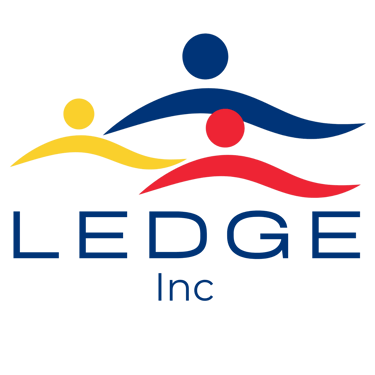
Fraud Awareness and Risk Management in the Public Sector
NOVEMBER 4 - 6, 2025
Virtual Training
Course Focus and Features
This course provides public officials and employees with essential knowledge on identifying, preventing, and responding to fraud and financial risks in government operations. It emphasizes proactive strategies to safeguard public resources, strengthen internal controls, and promote a culture of integrity and accountability in line with COA, DBM, and international best practices.
Key Features
Understanding the nature, types, and red flags of fraud in the public sector
Frameworks for risk identification, assessment, and mitigation
Integration of internal control systems to deter and detect irregularities
Real-world case studies of government fraud and control lapses
Tools for developing fraud prevention and risk management plans
Course Objectives
By the end of this course, participants will be able to:
Recognize common fraud schemes and vulnerabilities in public sector operations
Conduct basic fraud risk assessments and internal control reviews
Understand the legal and institutional framework for fraud prevention (e.g., COA rules, RA 3019, RA 11032)
Apply practical tools and strategies to manage risks and strengthen controls
Promote ethical practices and accountability within their organizations
Who Should Attend
This training is recommended for NGAs, LGUs, SUCs and GOCCs/GFIs:
Internal auditors and risk officers
Department heads and administrative managers
Accountants, budget officers, and disbursing officers
BAC members and procurement staff
What You Will Learn
Participants will gain practical knowledge and tools in:
Types of fraud: procurement fraud, payroll fraud, asset misappropriation, etc.
Key risk areas in budgeting, disbursement, and procurement processes
COA Circulars and government policies on fraud prevention and control
Risk assessment methodologies (e.g., risk matrices, control mapping)
Early warning signs and how to investigate suspected fraud cases
Designing fraud response protocols and internal control enhancements
Total Number of Hours - 24
LEDGE Inc.
Empowering leaders through training and workshops.
Contact us
For inquiries
care@ledgeph.com
+639661509858
© 2025. All rights reserved.
Cubao, Quezon City
